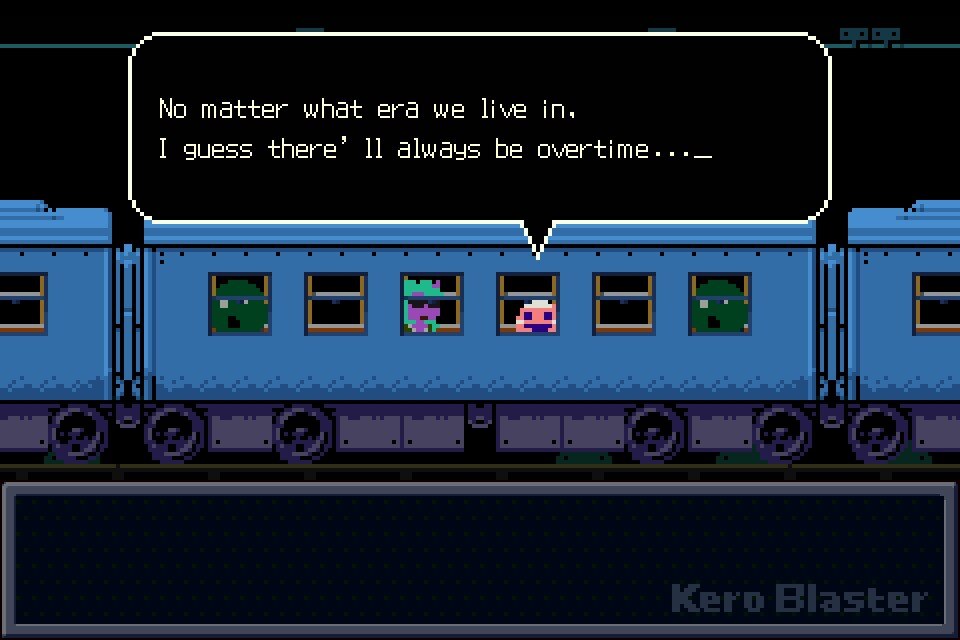This is going to be more of a rant post, I’m really just trying to figure this out for myself. Is anyone else here using Bunpro and adding vocab and grammar regularly while also balancing a full time job? (I don’t personally have kids but throw that into the full time job category as well).
Up until a month ago I was on summer break. Before that, I worked part time as a school admin. Using Bunpro/Kanjistudy for about 30min-1hr everyday was so easy then. I was also reading about an hour of manga everyday before bed and really enjoying it. I REALLY enjoy learning Japanese and I really don’t want to stop; but now that I’ve gotten my first full time job as a high school school admin and oh my gosh … I come home so exhausted. High school is insane. I’ve been able to maintain my streak the past month just doing ~10-30 reviews a day, but I’m getting to the point where my beginner category has dried up and adepts getting there and I’m like … I need to start adding again! But I’m so tired! And it’s not conductive to learning to learn while tired!
(Math rambling, how do I collapse paragraphs?) I’ve thought about maybe adding words only on the weekend. For grammar, this is totally fine. My goal is to finish N4 by Dec 31st, I’m at 99/178 points, there are 19 saturday and sundays left this year, I could add 2 points every saturday and sunday and just barely make it to my goal. Once in awhile I could probably add on a Wednesday or whatever even. I could do the same with vocab, add 10 every saturday and sunday and just barely make my goal (I have 773 vocab left in the N4 dec). It just feels so… slow. Especially with vocab. I’d like to be around N3 by sometime next year, whether that be end of summer or end of Dec I dunno. Also, I’m crazy and use fill-in for vocab. I tried reading and I just didn’t vibe with it mentally, my rention went way down.
I have a feeling that learning Japanese in general tends to skew younger as people have more time in highschool/college, but I thought I’d throw this question out there anyways.
TLDR Life transition struggles, I got my first full time job and I’m struggling to balance learning Japanese with it and am wondering what other people do. Tips appreciated or just how you pesonally balance Japanese and other life stuff.


 That’s hardcore mode! Time constrains, mind always occupied with work and stuff and then “life happens” all the time. You’re all admiration worthy for even trying
That’s hardcore mode! Time constrains, mind always occupied with work and stuff and then “life happens” all the time. You’re all admiration worthy for even trying  Making any progress in such a situation is so hard and still, here are so many people who rock this! Honestly, that’s way more impressive than any “speedrun N1 in 1 year” people who have the time and ressources to focus on nothing else.
Making any progress in such a situation is so hard and still, here are so many people who rock this! Honestly, that’s way more impressive than any “speedrun N1 in 1 year” people who have the time and ressources to focus on nothing else.